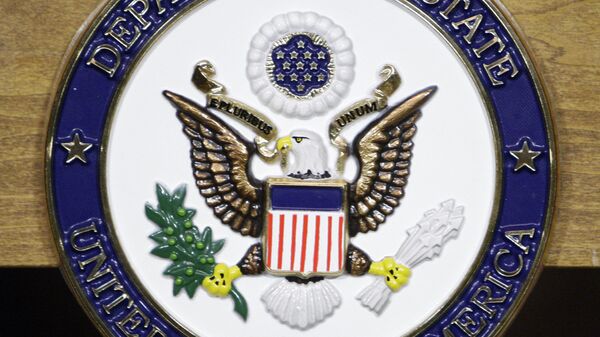"While we've had successes over the past year as a result of the administration policies, we of course recognise that challenges remain. These include Iran's persistent malign influence in the region and globally", Schenker said. "I know that in 2020, we'll also be seeing an increase in US efforts to counter Russian meddling and Chinese extortion in the region".
In October, US Special Representative Brian Hook said in congressional testimony that the United States is hopeful China and Russia will support rather than veto extending the arms embargo on Iran at the UN Security Council.
Hook also said that he and Secretary of State Mike Pompeo have discussed with Russia and China the prospects of promoting a more peaceful and stable Middle East, including the threats like the drone attack on Saudi oil facilities.
Tensions increased between the two states after two major state-owned Saudi Aramco's oil fields were attacked by autonomous weaponised drones on 14 September, cutting down almost in half the Kingdom's oil production. While the Yemeni Houthi rebels have taken the responsibility for the attack, Washington has blamed Tehran. Iran has denied any involvement in the attack.
Since the Saudi regime has blamed Iran—baseless as that is—for the attacks on its oil facilities, curious that they retaliated against Hodaideh in Yemen today—breaking a UN ceasefire. It is clear that even the Saudis themselves don't believe the fiction of Iranian involvement.
— Javad Zarif (@JZarif) September 21, 2019
The United Nations was also "unable to independently corroborate" whether drones used in the September attack on Saudi oil facilities "are of Iranian origin", UN Secretary-General Antonio Guterres said earlier in the month.
Recently, the United States has authorised an additional deployment of US forces and other military assets near oil fields in the Middle East, which the current US administration characterises as deterring the Iranian threat.
The United States is deploying additional forces and military equipment to Saudi Arabia to enhance its defensive capabilities and to help restore deterrence against Iranian aggression.
— Secretary Pompeo (@SecPompeo) October 11, 2019
Yesterday, #USAF forward deployed these four B-1B heavy bombers from #Ellsworth AFB to Prince Sultan AB in #SaudiArabia. They together with four #USAF F-22As & three #USNavy EA-18Gs are responsible to protect #Saudi oil facilities & confront #IRGC in #Iraq whenever is necessary pic.twitter.com/X552f7SFoL
— Babak Taghvaee (@BabakTaghvaee) October 26, 2019
Washington has repeatedly claimed that Tehran is pursuing "aggressive policies" destabilising the Middle East region. It has also called on other states to strengthen sanctions on Iran.
"Tehran’s efforts to destabilize the region have increased in recent months ... To address these threats, we are taking a deliberate approach to strengthen our defenses, enable our partners to better defend themselves, and refine our response options." - @EsperDoD pic.twitter.com/OxehSZDuxr
— Department of Defense 🇺🇸 (@DeptofDefense) December 11, 2019


